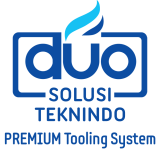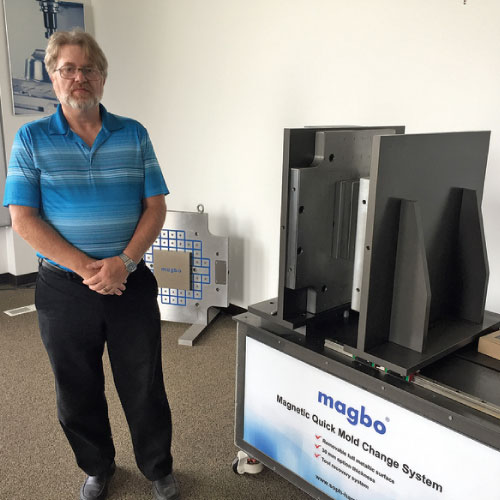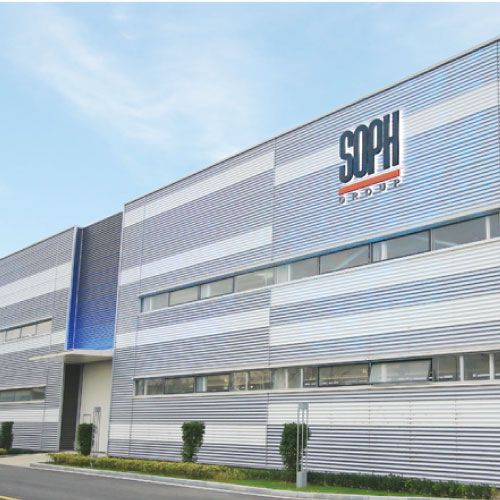AT THE K SHOW, Soph GmbH, Hamburg, Germany, introduced several new options and capabilities for its Magbo line of electro-permanent magnetic systems for quick injection mold changes. Soph, represented in the U.S. by Soph Inc., Brighton, Mich., specializes in permanent, electropermanent and electro-magnetic technology for a range of industrial applications.
The magnetic platens used in the Magbo systems are made of neodymium iron boride. The company manufactures platens in custom shapes and sizes, although the standard platen thickness is 35mm, said Klaus Schult, a service and sales manager.
The Magbo system has a magnetic double circuit, composed of square magnets, which are inserted into a solid block of steel. Each pole of the square magnet generates a constant, uniform and predefined force, Schult said at the K show. When activated, the magnetic field extends only 20mm from the surface of the platen, so the entire mold, die face and part cannot become magnetized.
Soph also updated its CUW controller that is part of the Magbo system and is used for magnetizing and demagnetizing the mold or die prior to changeover. The controller is now in a smaller pendant that is easier to operate and install on the injection press. Clamp-up/clamp-down time takes 2 seconds.
Soph said that because it uses active north and south pole magnetic fields working together, the Magbo system generates more magnetic force over an air gap than competing offerings. Soph now offers the new “real clamping force readingoption,” which lets the user know precisely how much real force is applied to the mold so machine parameters can be set more accurately. As part of Soph’s magnetic systems, sensors in the stationary and moving magnetic platens gather information about the status of the mold and platens.
Magbo also now features the new Current Sensor System (CSS) to check the current passage from the main discharge cables to the magnetic platen. Working with the CSS, a Magnetic Saturation System employs a sensor that checks the magnetic quality of the mold and provides an additional safety check.
Proximity sensors detect the presence of the mold to enable the activation of the magnetization cycle. The Magbo system is designed to provide 90 percent force even when there is an air gap of
0.3mm.
The company also now offers the new patented Tool Recovery System, which ensures that a mold can be removed, even if the magnet becomes damaged and a mold is clamped to it. A thinner magnetic platen option, called Slimline, that reduces platen thickness to 30mm is also available. The thickness reduction allows for the use of larger molds and reduces the need for injection nozzle extensions, Schult said. Soph now offers moveable platens for use with rotary machine platens that turn 180 degrees. It also has a new fixed-side platen for use with presses having multiple injection nozzles (with the magnetic field extending 40mm from the platen surface). The company also supplies a special lightweight magnetic platen for blow molding.
The monoblock frame of the platen is drilled with all the mounting holes for installation and for ejector clearance on the moving platens. The Magbo system can easily accommodate molds that do not conform to SPI/Euromap/JIS standards for mold mounting, Schult said.


